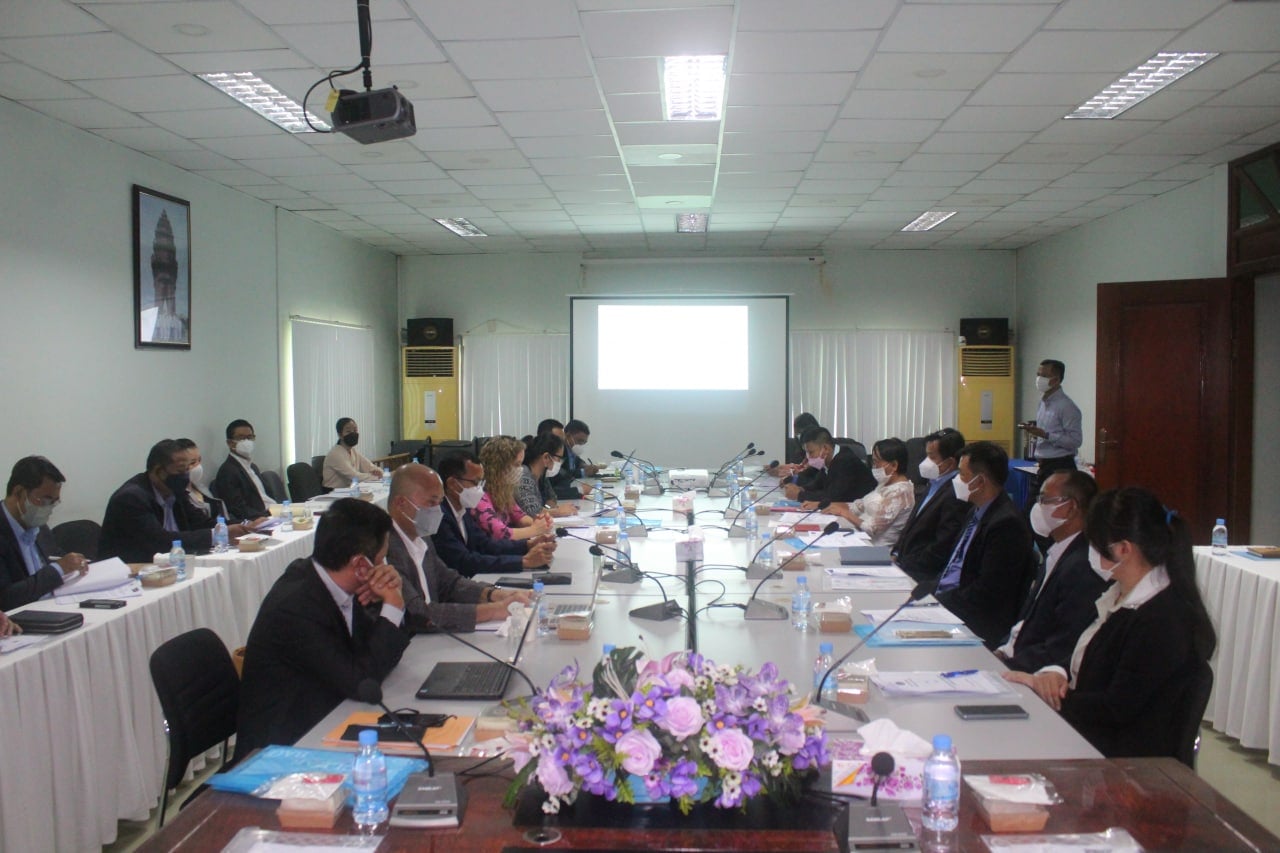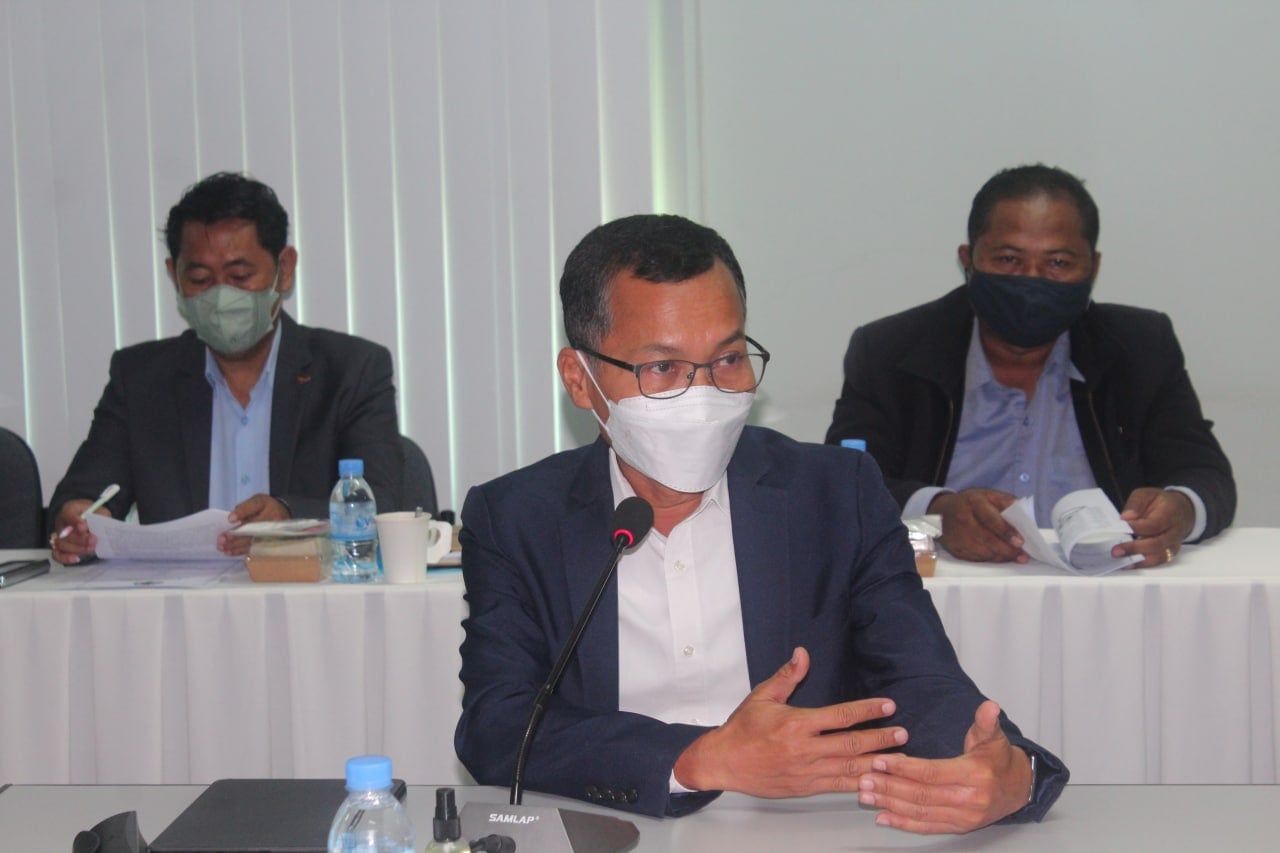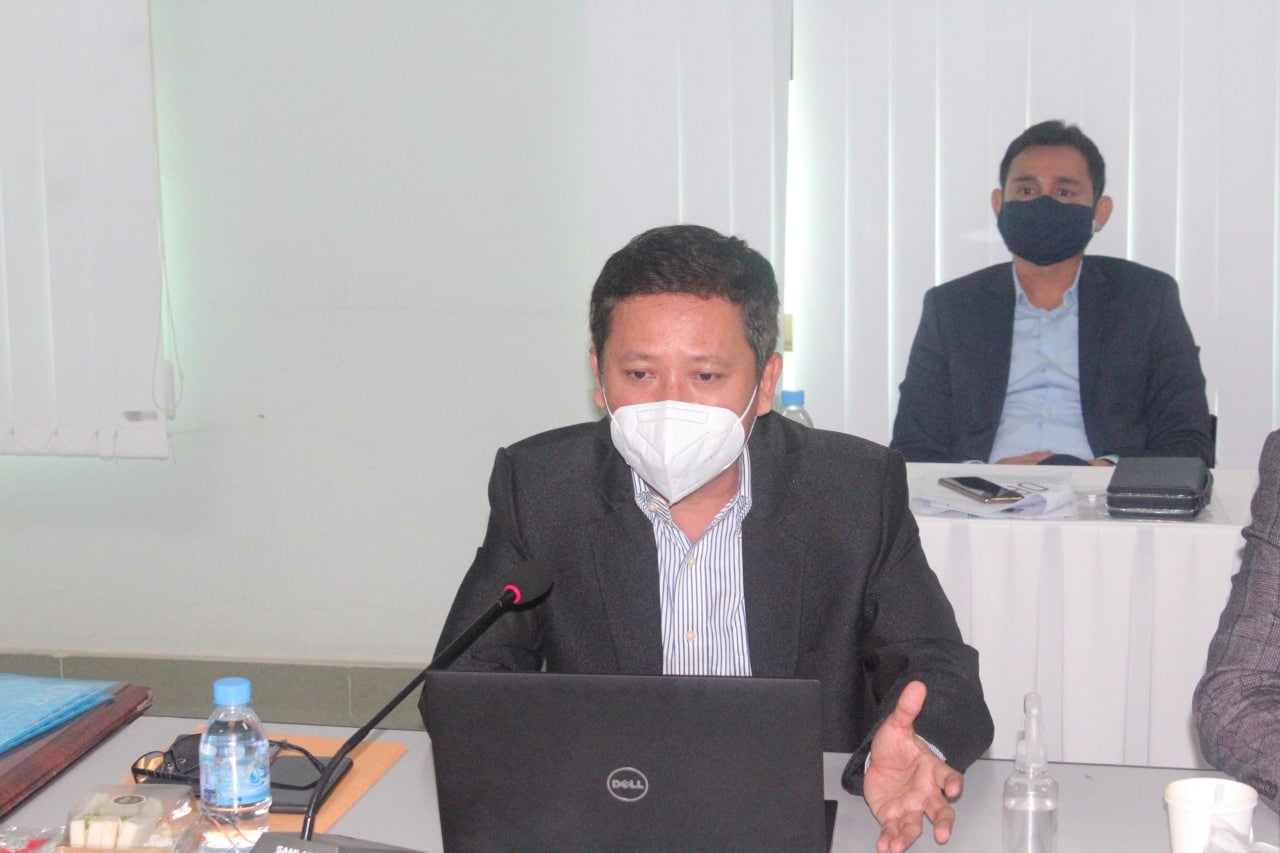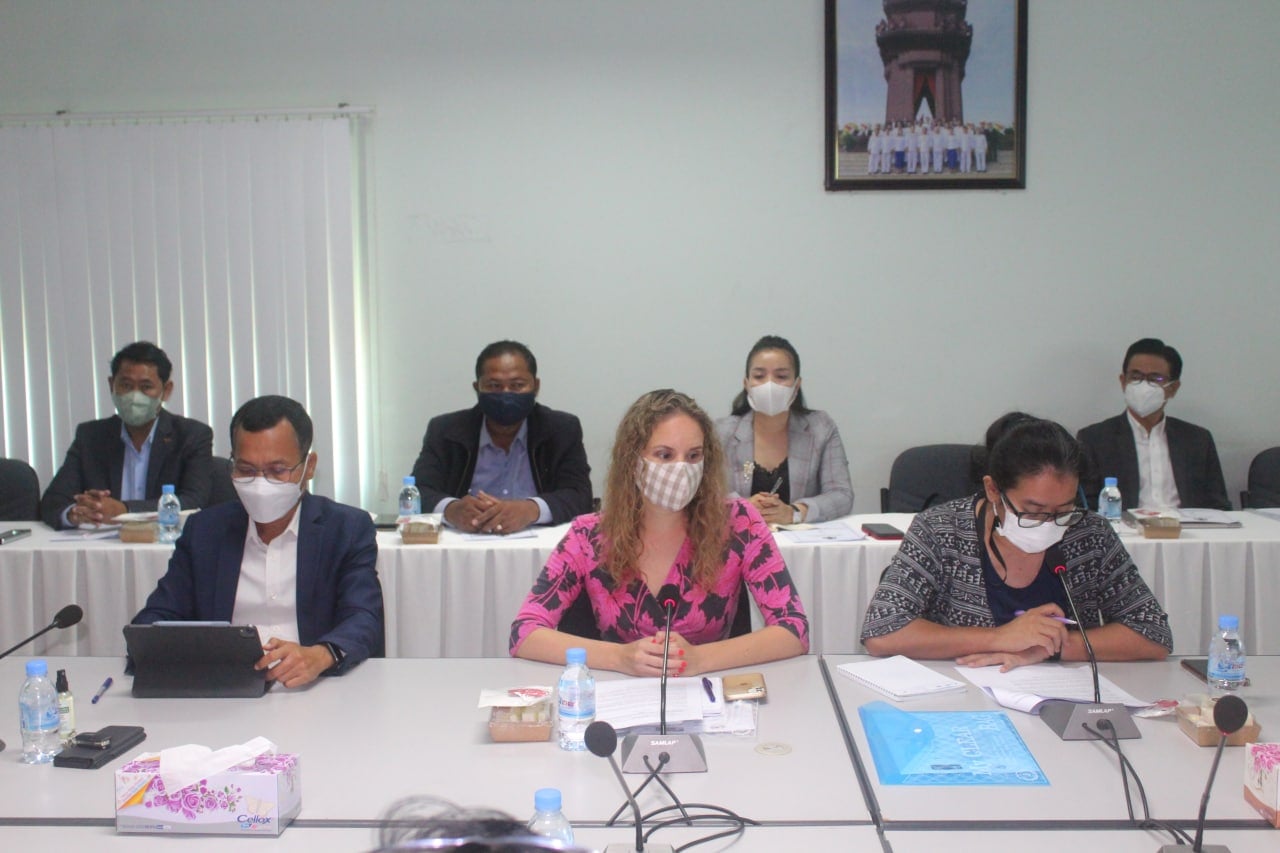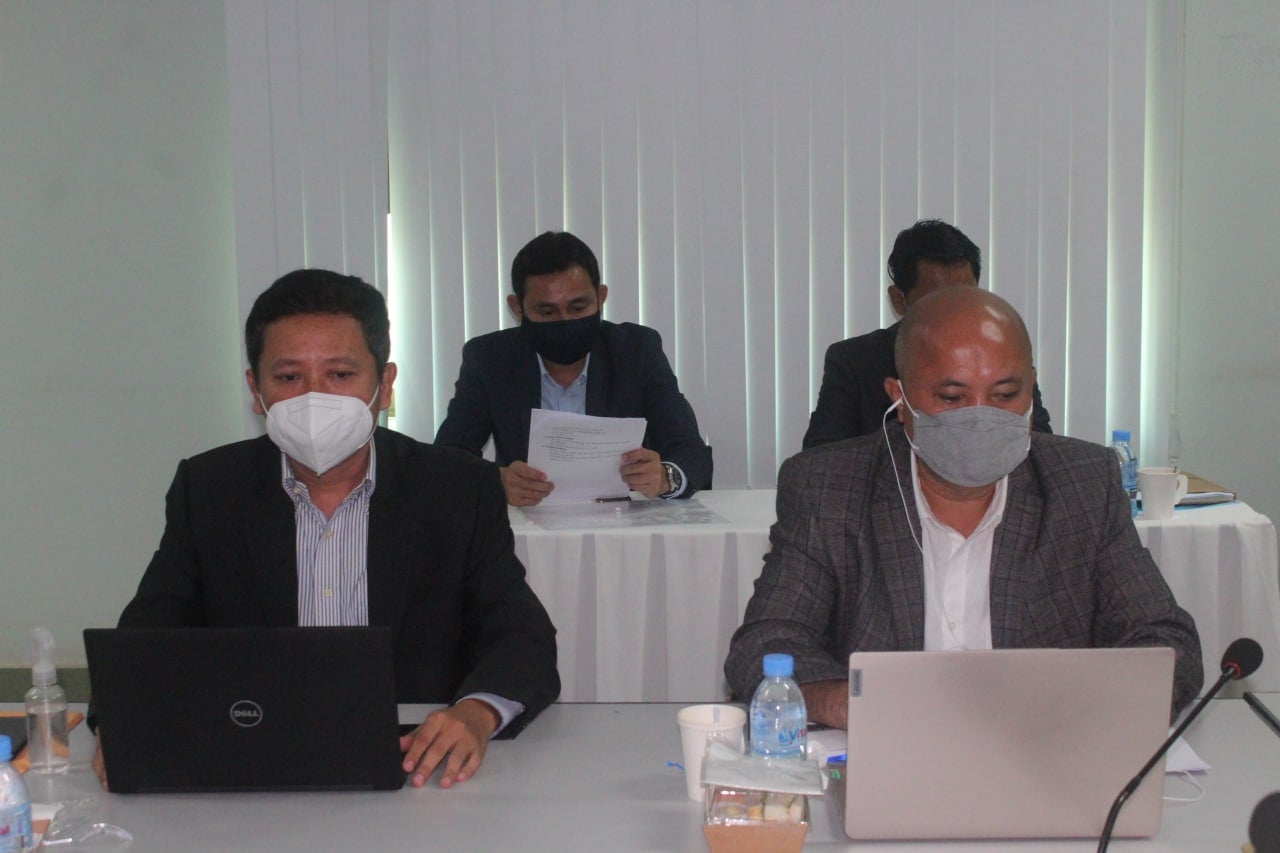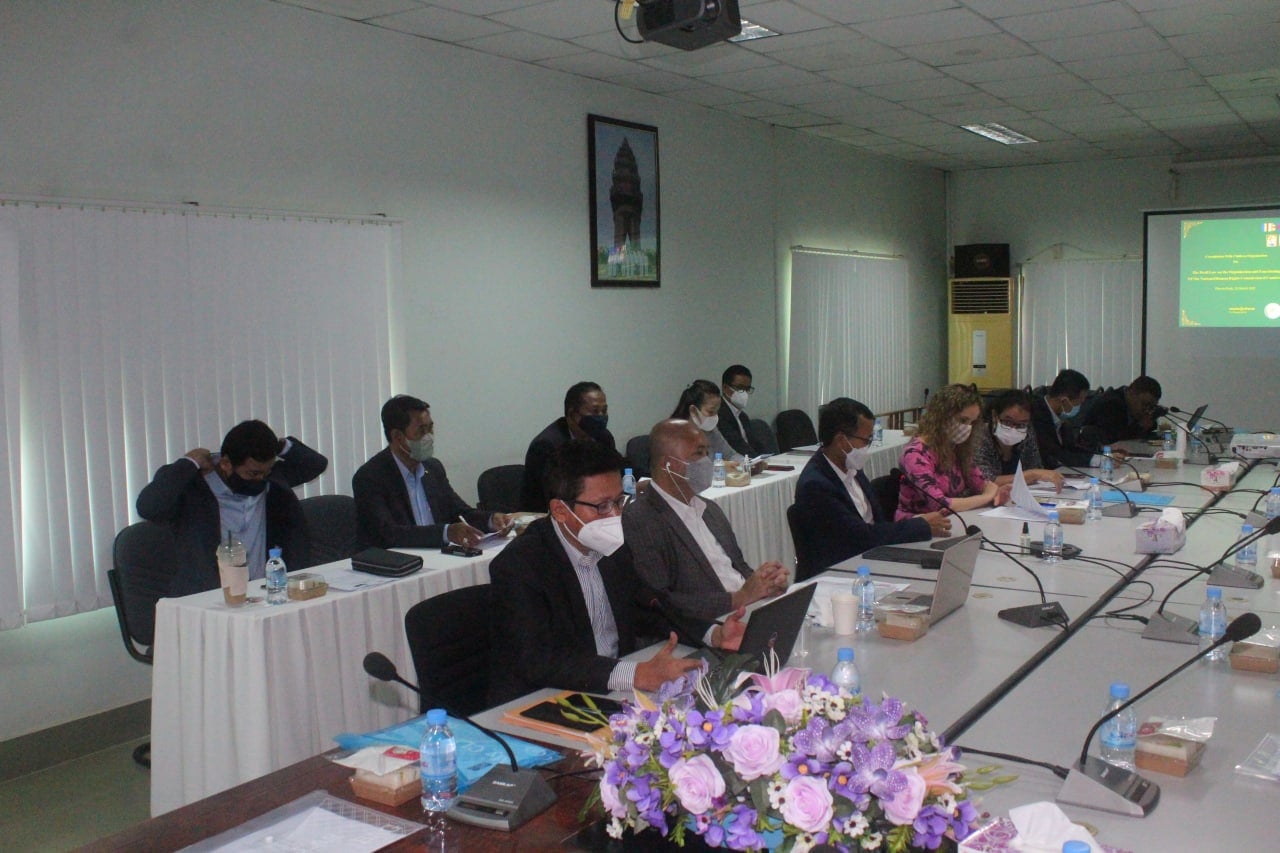PHNOM PENH: The Vice Chairman of the Cambodian Human Rights Committee, Chet Chealy, has stated that all entries in the draft law on the establishment of national human rights institutions mentioned by civil society organizations will be discussed, but they must be based on the 1993 Paris Principles. He made this statement during a consultation meeting of the Cambodian Human Rights Committee, in collaboration with the Office of the United Nations High Commissioner for Human Rights, on the Draft Law on the Organization and Functioning of the Cambodian National Human Rights Committee on Monday morning (28 March).
Addressing the meeting, Vice Chairman Chet Chealy stated that this consultation workshop was held to collect input from civil society organizations working on children's issues to ensure transparency and participation from all stakeholders. He stressed that all comments made by civil society organizations (CSOs) at the meeting will be considered for inclusion in the law, but also along the lines of the 1993 Paris Principles.
The Deputy Representative of United Nations Human Rights, Claudia de la Fuente, said the establishment of the Cambodian National Human Rights Commission was important in promoting and protecting human rights in Cambodia, as well as for collaborating with Cambodian human rights institutions.
Seventeen organizations participated in Monday morning’s consultation, including 10 associations working with women and children, two under the OHCHR and five under the Cambodian Human Rights Committee.
The National Human Rights Institution, named the National Committee for Human Rights of Cambodia, is an independent, neutral national body working in the field of human rights.
The Draft Law on the Organization and Functioning of the Cambodian National Human Rights Committee began drafting in 2019 between the Cambodian Human Rights Committee, the United Nations High Commissioner for Human Rights and the Asia Pacific Forum (APF) based in Australia.
Since July 2021 the CHRC launched, disseminated and consulted on the draft law to the public with stakeholders such as NGOs, CSOs, unions, political parties, relevant ministries and institutions in order to gather views, opinions and other input on the draft law to ensure that this law is in line with the 1993 Paris Principles and the International Minimum Standards for the Establishment of a National Human Rights Institution (NHRI).
Once a national human rights body is established, it will go through an accreditation process recognized by the Global Alliance of National Human Rights Institutions (GANHRI), one of the world’s internationally recognized NHRIs.
